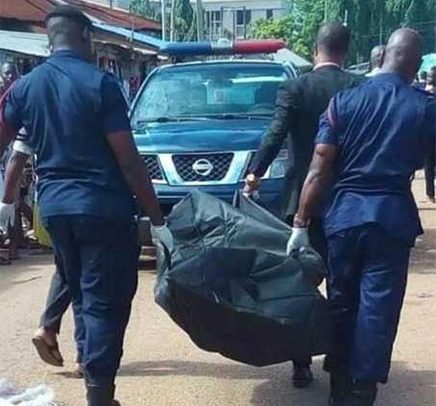
With less than four days for the maiden closed season for artisanal fishing to end, inshore and canoe fishermen at the various landing beaches have started preparing to resume fishing activities.
They are mending their fishing net, repairing and painting their canoes in readiness for the lifting of the month-long moratorium that started on Wednesday, May 15 and elapses on Saturday, June 15.
When the Ghanaian Times visited the James Town landing beach yesterday, fishermen had gathered in pairs and groups, mending their worn out nets while others who had completed mending had spread them out to dry.
Those with weak canoes had employed the services of carpenters or had picked up carpentry tools, to fix them in addition to paddles and other fishing accessories.
Painters were at work, shining canoes and beautifying them with the names of their owners, Bible quotations, symbols and patterns which serve as identification and inspiration to their respective owners.
The sounds of outboard motors, being refurbished, pierced through the unusually quiet beach. Other fishermen were taking a nap in their canoes or under sheds, possibly relaxing for the busy days ahead.
It was also observed that a petrol sales point which provided fuel for outboard motors and a cold store where excess fish were kept were shut in line with the closed season.
It was evident that the closed season had slowed down activities at the beach.
The story was not different from other landing beaches in the four coastal regions; Central, Greater Accra, Volta and Western, according to checks by the paper.
A fisherman at James Town, Amos Larkai told the Ghanaian Times that even though staying away from fishing was difficult, they had no choice than to comply since it was for their own good.
"It really affected us and our finances. It was not easy but we had to do as the government had instructed for our future. If this is what we have to endure for bumper harvest, so be it," he said.
He said the closed season was as difficult for those who have other skills and jobs as they concentrated on them to make money. "I am a mason so during the period I focused on it to fend for myself and family," he said.
For Jonathan Nii Baah, another fisherman, after sacrificing for one month, they were expecting to see improvement in their catch as indicated by the government before the ban.
The acting Secretary of the National Canoe Fishermen Council, Mr Samuel Commey Okine in an interview said fishermen nationwide complied with the directive despite the initial opposition.
He said although a letter was expected from the Ministry of Fisheries and Aquaculture to announce the end of the season, they were ready to resume fishing.
"We are ready. Immediately the time elapsed, we will start fishing," he said adding that they were expecting some improvement in their catch after Saturday.
He declined to state the action the council would take if no difference was realised after Saturday except to say that the council would meet today (Tuesday) to deliberate on the closed season and other issues.
The closed season introduced by the government was to allow the country's territorial waters to replenish its depleting fish stock which had been a result of poor fishing practices and over exploitation of the sea.
According to a Fish Stock Assessment Report by the Fisheries Commission of MoFAD, last year, the fisheries sector suffered a decline of 14.5 per cent in total marine fish production from 342,427 tonnes in 2017 to 293,294 tonnes.
It is expected that the landing of small pelagic fish by artisanal fisheries will increase to 90,000 metric tonnes in 2020 from as low as 15,000 in 2017, if the season is well observed.
Last year, the Minisry attempted to close the season from August 7 but it was opposed by some fishermen due to lack of all-embracing engagement with stakeholders.
The second phase of the closed season would be observed from August 1 to September 30 by industrial trawlers.
Read Full Story

















Facebook
Twitter
Pinterest
Instagram
Google+
YouTube
LinkedIn
RSS